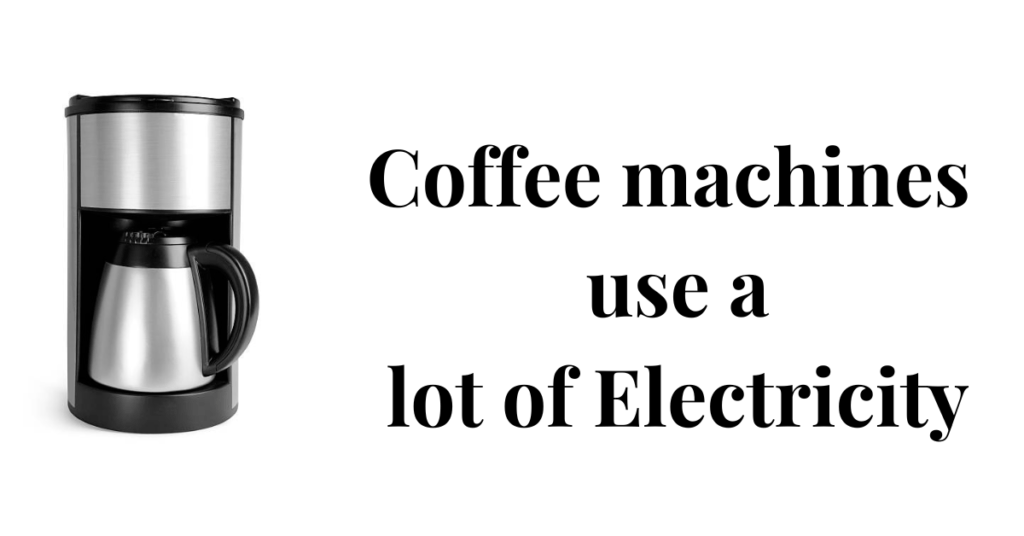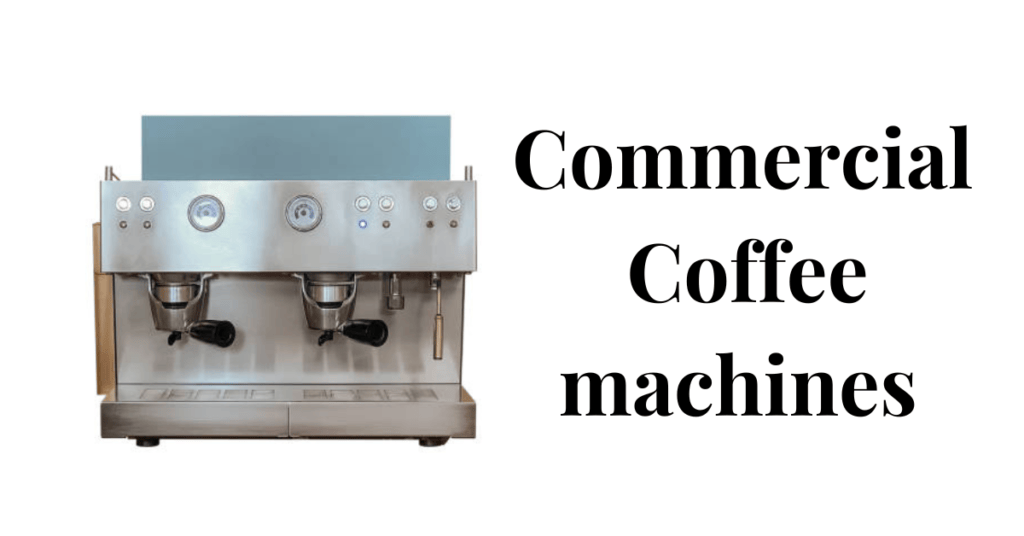Coffee is an integral component of many people’s daily lives. The process of brewing coffee is a fascinating blend of art and science, where temperature plays a critical role. This article will explore whether coffee machines need hot water and how heat transforms your coffee.
We’ll delve into the mechanics of coffee machines and the importance of water temperature, as well as answer frequently asked questions related to coffee brewing.
As an affiliate site, we are associated with the amazon. We might receive a commission when you use links or recommendations on our website to make qualified purchases. The cost you pay for the goods or services is unaffected by this.
Table of Contents
The Role of Water Temperature in Coffee Brewing

Water temperature is a crucial factor in coffee brewing.The best heat to make coffee ranges from 195°F to 205°F (90°C to 96°C). If the water’s too chilly, it might not pull enough flavour from the coffee, giving you a bland, dull cup. However, too hot water might pull too much, making the coffee taste bitter.
Why is Water Temperature Important?
The water temperature affects the rate at which coffee grounds are extracted. During brewing, hot water extracts soluble compounds from the coffee grounds, including oils, acids, and caffeine.
These compounds contribute to the coffee’s flavour, aroma, and strength. The optimal temperature range ensures the extraction process is balanced, producing a well-rounded and flavorful cup of coffee.
How Heat Transforms Coffee
Heat plays a vital role in transforming coffee beans into a delightful beverage. As water gets heated, it flows through the coffee grounds, dissolves, and extracts the soluble compounds.
The heat helps to release the aromatic oils and acids that give coffee its distinct flavour profile. Additionally, the temperature affects the rate at which caffeine is extracted, influencing the strength of the coffee.
Do Coffee Machines Need Hot Water?
Coffee makers are engineered to bring water to an ideal heat for brewing. Therefore, they do not require hot water to be added manually. Instead, most coffee machines have built-in heating elements that quickly bring cold water to the desired temperature.
How Coffee Machines Heat Water So Fast
Modern coffee machines have advanced heating technology that allows them to heat water rapidly. Here are some standard methods used by coffee machines to heat water:
- Boilers: Some coffee machines use boilers to heat water. Boilers are insulated containers with heating elements that rapidly raise the temperature of the water to the optimal brewing range.
- Thermoblocks: Thermoblock technology involves heating water as it passes through a metal block. This efficient method ensures that the water reaches the correct temperature quickly.
- Heating Coils: Heating coils are another standard method used in coffee machines. These coils are usually made of metal and are heated electrically. Water flows through the coils and is heated to the desired temperature.
Should I Use Hot or Cold Water in My Coffee Maker?

It is recommended to use cold water in your coffee maker. Coffee machines are designed to heat cold water to the optimal brewing temperature. Using hot water can disrupt the machine’s heating process and may result in an uneven extraction. Cold water allows the coffee machine to properly regulate the temperature and produce a consistent and flavorful cup of coffee.
Factors Affecting Water Temperature in Coffee Machines
Coffee makers’ water temperature can be affected by different things. These include:
- Machine Type: Various coffee machines use different methods to heat water. For example, drip coffee makers, espresso machines, and single-serve pod machines have different water heating methods.
- Altitude: The boiling point of water decreases at higher altitudes. This can affect the brewing temperature and extraction process. Coffee enthusiasts living at higher altitudes may need to adjust their brewing methods to achieve the best results.
- Water Quality: The mineral content of the water can impact the brewing process. Hard water, full of minerals, can change how well the machine heats and the coffee’s flavour.
The Science Behind Coffee Extraction

Understanding the science behind coffee extraction can help you appreciate the importance of water temperature. The extraction process involves several stages:
- Wetting: Hot water initially wets the coffee grounds, causing them to swell and release gases. This stage is crucial for even extraction.
- Extraction: When heated water moves through the coffee grinds, it dissolves stuff like oils, acids, and caffeine. The temperature of the water affects the rate and extent of this extraction.
- Brewing: The brewed coffee is collected in a carafe or cup. The temperature at which the coffee is served also plays a role in the overall experience. Coffee is best enjoyed at a temperature of around 155°F to 175°F (68°C to 80°C).
Read More Guides
- Can Espresso Machine make Latte: Unlock the Latte Experience with Espresso Machines
- Difference of Coffee Maker and Coffee Machine: Unveiling Coffee Maker vs. Coffee Machine
- Can a Coffee Maker burn Coffee: Mastering your Coffee Maker’s Temperatures
- Can Espresso Machine explode: The Truth about Espresso Explosions
- How many Watts to run a Coffee Maker: Coffee Maker Wattage Explained
FAQs || For coffee Machines Need Hot Water
Should I Use Hot or Cold Water in My Coffee Maker?
It is best to use cold water in your coffee maker. Coffee machines are designed to heat cold water to the optimal brewing temperature. Using hot water can interfere with the machine’s heating process and result in an uneven extraction.
How Do Coffee Machines Heat Water So Fast?
Coffee machines use various heating technologies to heat water quickly. Standard methods include boilers, thermoblocks, and heating coils. These technologies ensure that water reaches the desired temperature efficiently.
Can I Use Bottled Water in My Coffee Maker?
Yes, bottled water works fine in your coffee maker. However, choosing bottled water with a balanced mineral content is essential. Water that is too soft or too hard can affect the coffee’s taste and the coffee maker’s performance.
What is the Ideal Water Temperature for Brewing Coffee?
Perfect coffee brewing happens from 195°F to 205°F (90°C – 96°C). These temps pull out the coffee’s best flavors. This gives a tasty and well-rounded cup of joe.
How Does Altitude Affect Coffee Brewing?
With increased height, water’s boiling point drops. This can impact the brewing temperature and extraction process. Coffee enthusiasts at higher altitudes may need to adjust their brewing methods to achieve the best results.
Conclusion
The temperature of the water used in coffee brewing plays a crucial role in determining the flavour and quality of the final cup. coffee machines need hot water to the optimal brewing temperature, ensuring a balanced extraction of the coffee grounds.
Grasp the science of coffee extraction and the role of water temperature. It can improve your coffee making and result in a tasty coffee cup each time.







